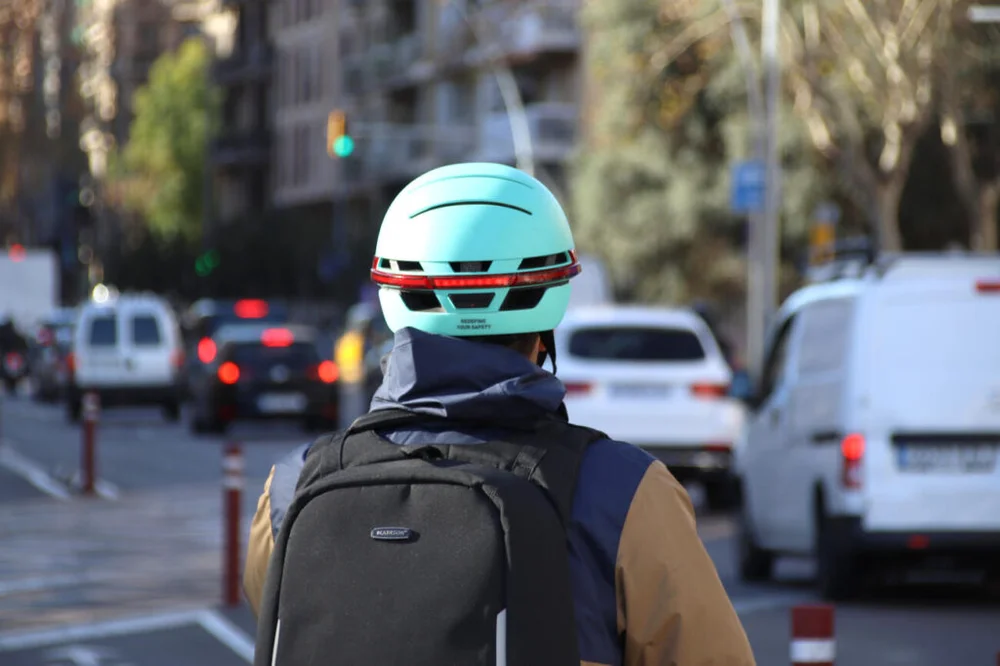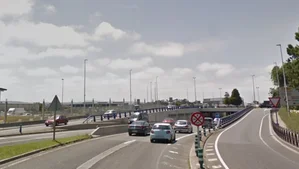New Regulations for Electric Scooter Users in Barcelona

In a bid to enhance safety and regulate the increasing use of electric scooters, Barcelona has introduced stringent new rules for e-scooter users, effective from February 1, 2025.
Mandatory Helmets and Speed Limits
The city has made it compulsory for all e-scooter riders to wear helmets, a measure aimed at reducing the risk of head injuries in accidents. Additionally, the speed limit for electric scooters has been capped at 25 kilometers per hour. If scooters exceed this speed, they will be classified as motorcycles, requiring riders to hold a motorcycle license[2][4].
Prohibited Areas and Age Restrictions
Riding electric scooters on sidewalks is now strictly prohibited, with offenders facing a hefty fine of 500 euros. This move is designed to protect pedestrians and reduce conflicts between scooter users and other road users. Furthermore, the use of e-scooters by individuals under the age of 16 has already been banned by the city[2][4].
Impact on Scooter Usage
The use of electric scooters in Barcelona has surged significantly since the coronavirus pandemic, with an estimated 44,000 scooter trips made every day. However, this increase has also brought about safety concerns, as scooters can reach higher speeds than bicycles, making them more dangerous in the event of an accident. The new regulations are part of a broader effort to improve safety and change the behavior of some drivers[2].
Enforcement and Public Response
Adria Gomila, the traffic officer for the municipality, emphasized that the new measures are intended to improve safety and bring collective benefits. The city's ban on scooter rentals, implemented in 2023, is another step in managing the proliferation of e-scooters. Despite these measures, the city's bike rental system has continued to be successful, indicating a balanced approach to urban mobility[2].
Ongoing Efforts
Barcelona's authorities are committed to maintaining a safe and orderly urban environment. The activation of these new regulations is part of a larger strategy to manage the city's mobility, ensuring that all road users, including pedestrians, cyclists, and scooter riders, can coexist safely. As the city continues to evolve its mobility policies, residents and visitors alike can expect a more regulated and safer urban space[4].
In summary, the new rules for electric scooter users in Barcelona are a significant step towards enhancing urban safety and managing the growing use of e-scooters. These measures reflect the city's ongoing commitment to balancing convenience with safety and ensuring a harmonious coexistence among all road users.
Related Stories

Calls for Compliance on Disuasive Parking in Santander
Santander residents urge city council to implement promised disuasive parking to cut vehicle use and boost public transport.

New Parking Facility in the Heart of Santander: A Boost for Local Residents and Visitors
Santander launches a new 52-space parking facility in Calle Aurelio Díez Renedo, aiming to ease parking woes and boost local economy and tourism.

Spain's Public Transport Success: The Power of Affordable Fares
Spain's public transport sees a surge in usage thanks to affordable fares, setting a global example for boosting ridership and sustainability.

Requejada to Install Electric Vehicle Charging Point
Requejada announces a new electric vehicle charging point, marking a significant step towards sustainable transportation in Cantabria, Spain.

Tragic Road Accidents in Spain: Understanding the Risks and Causes
Exploring the dangers on Spain's roads: A study reveals the most hazardous motorways and the common causes behind accidents, urging expats and locals to stay vigilant.